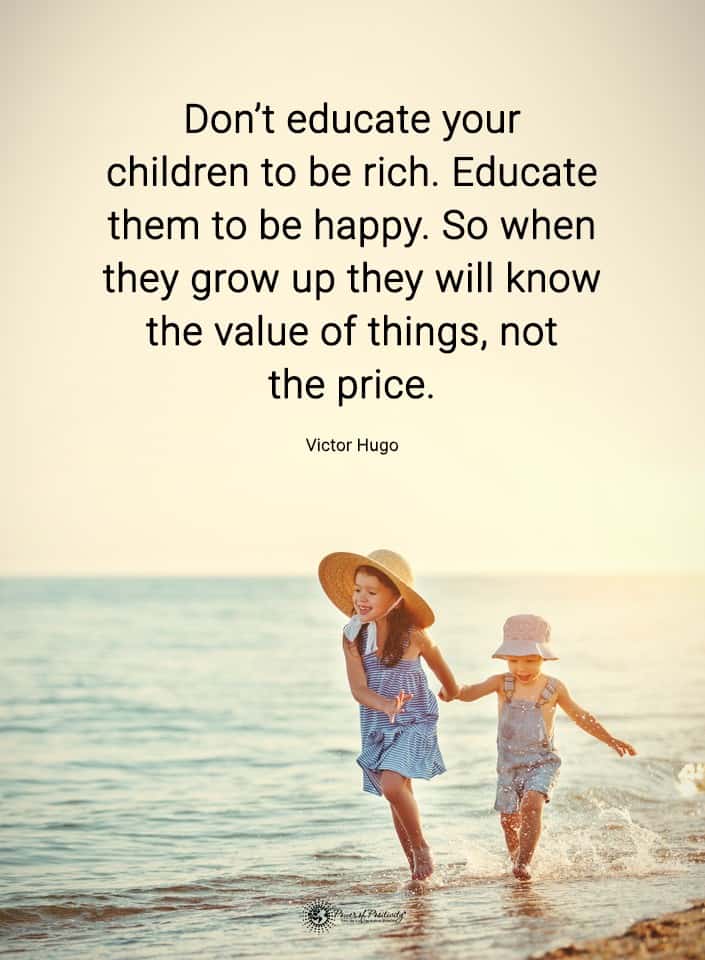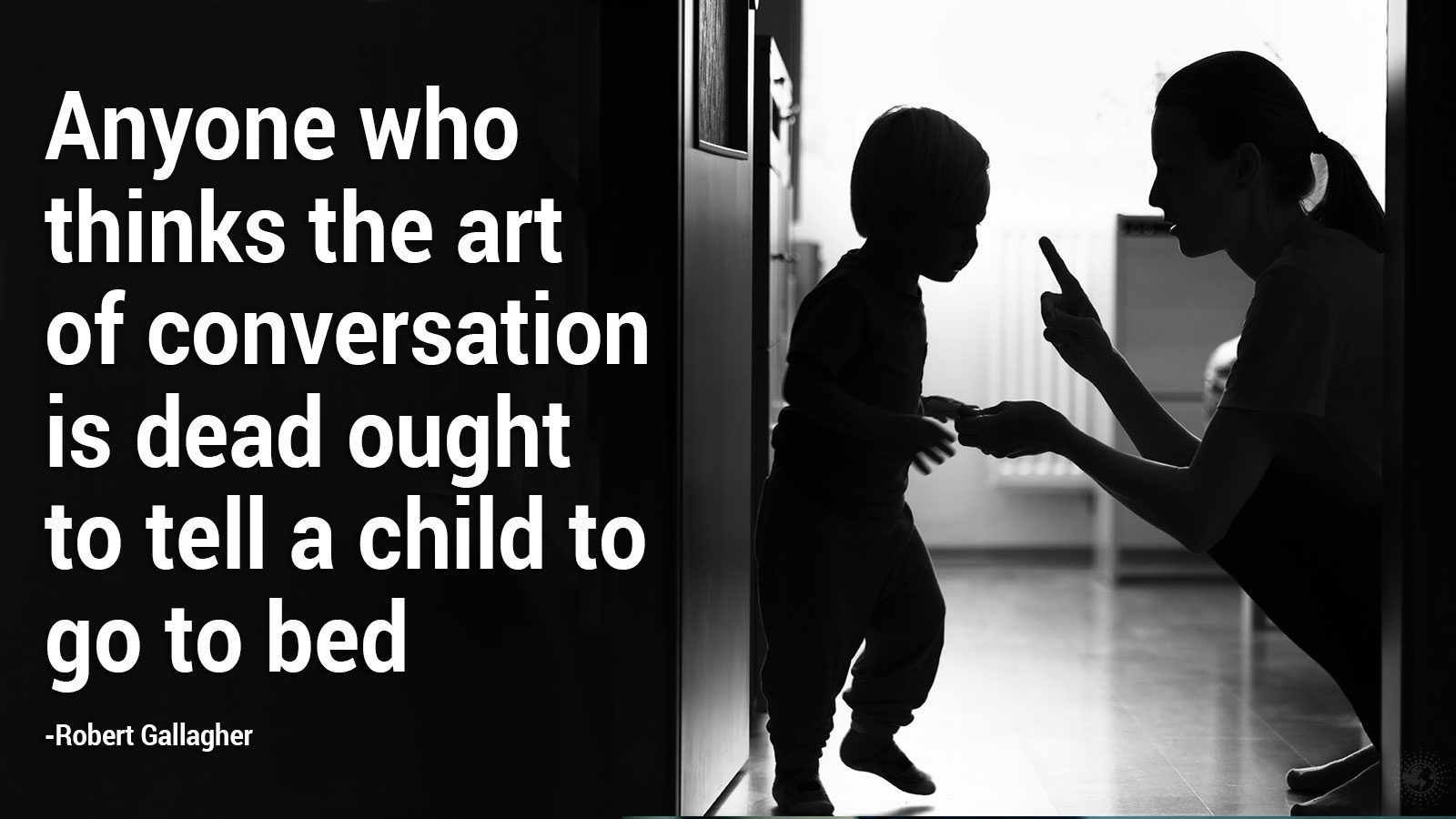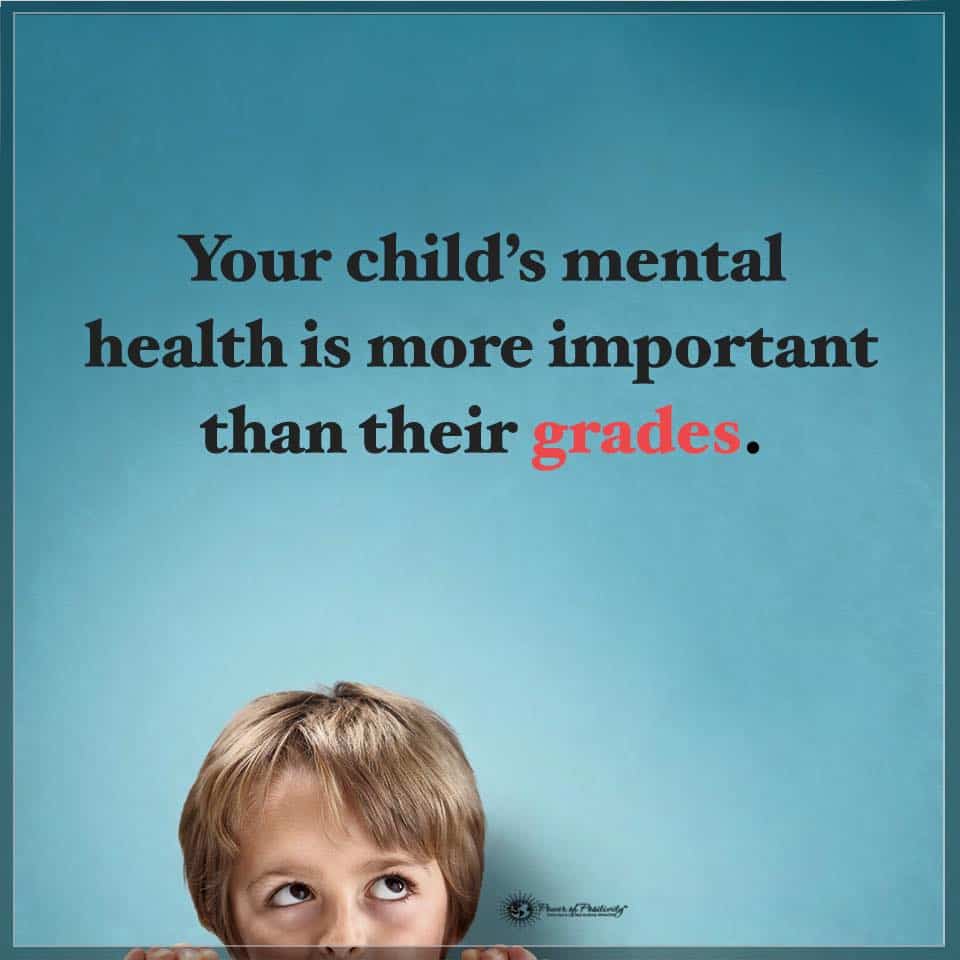In this era of technology, raising children is a bit different from those before the iPod, iPhone, computers, Internet, and all the other unique gadgets that consume us. Children played outside. They kicked a ball across a field. They played with cards rather than chasing Pokemon on a screen. Children played outside until the street lights came on, and they knew they had to go indoors. We are raising kids differently now than twenty or thirty years ago. But, Harvard experts suggest it’s time to return to basics.
This is a new world. Children born in this time are automatically given gadgets to entertain them. But, what are we missing? Psychologists at Harvard University have been studying what makes a well-adjusted child in these changing times. They have concluded that several elements are still fundamental.
Here are five secrets to raising a good kid, according to Harvard psychologists:

1. Spend time with your children.
It’s a simple suggestion. But, we live in challenging times when we are “on” 24/7 through technology, work, and the bombardment of busy lives trying to stay afloat. It’s not just social media – the news, emails, texts, or the fluctuation of being on call at all times strains our relationships. We have become accustomed to the addiction of putting ourselves out there. It’s easier to give a child a toy or an Xbox console to keep them busy than to do something with your child.
Spending time with your children means putting everything down, reading a book, kicking a ball, hiking, or just playing an old-fashioned card game. In simplest terms, it means that you interact with your kid person-to-person. These are the things they will remember. They will forget what you bought them. They only want to spend quality time with their folks.
2. Speak out loud to your children.
According to Harvard researchers, “Even though most parents and caretakers say that their children being caring is a top priority, often children aren’t hearing that message.”
It goes back to discovering what’s happening in your child’s life. Check with teachers, coaches, tutors, and other caretakers. Find out if there is a shift in behavior. Allow your child to feel comfortable to come and speak with you. Your child needs to hear that he/she is a top priority in your life. It’s not enough to show them by giving them things, keeping them safe, or feeding them. Children require acknowledgment through words. Words are important. Invite them to sit and share their stories about school, homework, friends, and so on.
3. Show your child how to solve problems without stressing about the outcome.
One of the greatest gifts you can give your child is the ability to analyze and solve problems. Trust your child to decide for himself what he wants. You cannot solve their issues all the time. It’s healthy to allow them to experience life through their lenses. Achievement is significant and, in allowing them to determine what they want, you are gifting them with awareness.
You want to help raise your child to become a productive adult. Allow him/her to come to you and share their problems and guide them to make the best possible choices. It’s challenging to step back as a parent and watch your child make a mistake. But, just like you, it’s part of learning and the evolution of our humanness. You want them to be happy for what they have done and not just to make you happy as a parent.
Rick Weissbourd, who conducted the study, says, “We are hyper-focused on our kid’s happiness. I wasn’t surprised that happiness was ranked the highest, but I was surprised that achievement was ranked so high.” Are we pushing our children to focus only on success? “The achievement pressure can have a bunch of negative results,” says Weissbourd, co-director of the Making Caring Common project. “I’m concerned that it makes kids less happy.”
4. Show your child gratitude regularly.
The Harvard researchers say that “studies show that people who engage in the habit of expressing gratitude are more likely to be helpful, generous, compassionate, and forgiving–and they’re also more likely to be happy and healthy.” Parents should give their kids chores and express gratitude for their accomplishments. Children need to see that gratitude is a remarkable gift. Whenever they do something, honor and acknowledge them for their performance. The Harvard psychologists did find that parents are giving praise only to “uncommon acts of kindness.”
As parents, our duties are to teach our children to be empathetic and compassionate toward others. Children learn by example. Take them to a homeless shelter. Expose them to others who aren’t in the same social class. Let them witness how fortunate they have what they have at home. Be open with them. Be grateful for the small acts they perform that have nothing to do with school or work. Helping others is not just giving them a chance to be amazing adults but removing the prejudice of bigotry and differences. It all starts at home.

5. Teach your children to see the larger picture.
This goes back to showing them gratitude. Let your child experience the world through your compassion. Researchers say that “almost all children empathize with and care about a small circle of families and friends.”
Teach your child to be a good listener, interact without the use of technology, empathize with others outside of their family, and not judge anyone based on their religion or nationality. We are in pivotal times of human evolution, and this new generation can significantly change and shift our world. Exposing your child to different cultures helps develop a loving, kind, and happy person.
You are responsible for helping to raise loving souls. Help them navigate this world through compassion, love, and kindness.
“Raising a caring, respectful, ethical child is and always has been hard work. But it’s something all of us can do. And no work is more important or ultimately more rewarding.”




















